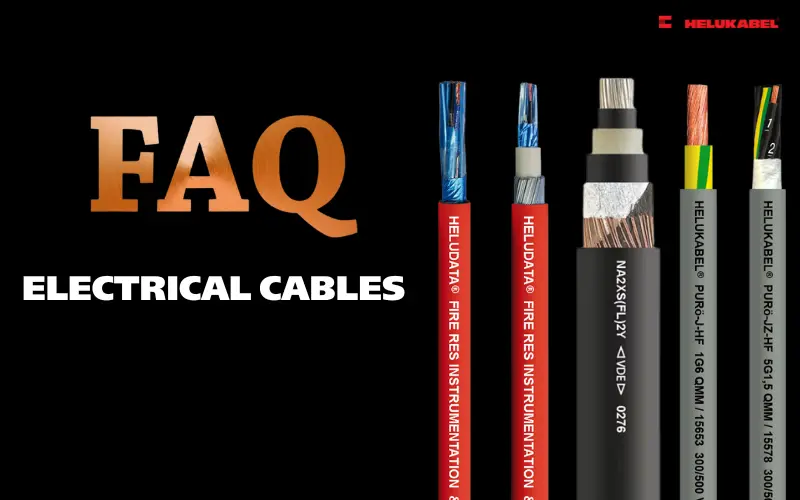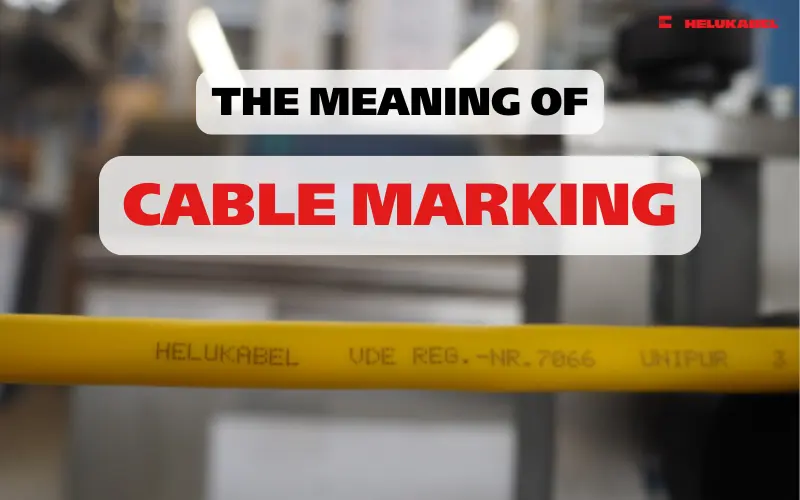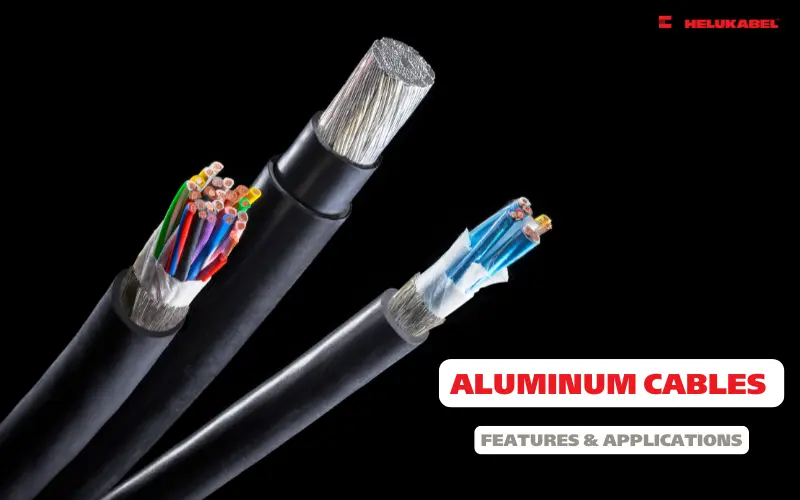Cables for Industrial and Machinery Sectors, Infrastructures and Buildings, Energy Sectors, Event & Media Technology
Electrical cables are one of the familiar products in our life, and are especially indispensable in industries. Electrical cables are small products but play an important role to ensure the stability of the signal throughout the factory's production system. Understanding the importance of electrical connection devices, at HELUKABEL, we have been constantly improving to bring quality control cables, data, and signal cables to serve customers in industries worldwide.
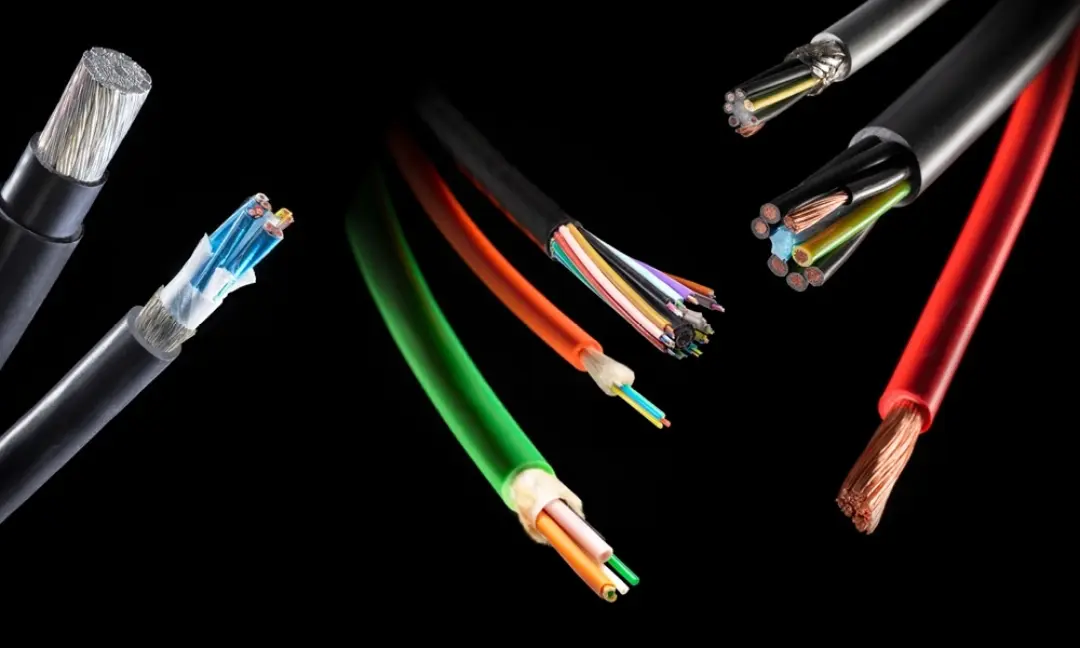
What is an electrical cable? The role of cables in electrical systems
An electrical cable is a collection of two or more conductive metal wires that are twisted or tightly braided together to form a unified conductive mass. Outside the conductor core is an insulating layer and a protective sheath, which help protect against mechanical impacts such as collisions and tension, as well as environmental factors such as humidity, sunlight, and UV rays.
Each type of electrical cable has its own specifications and construction, so selection should be based on the intended use and installation conditions to ensure the safety and efficiency of the electrical system.
HELUKABEL Electrical Cable Product Catalog
In addition to our lines of control cables, data cables, and signal cables, we also offer fiber optic cables, single-core cables, multi-core cables, twisted pair cables, twisted pair cables, coaxial cables, cables for Motor, Server, and Feedback applications, and especially customized solutions.
For certain specialized industries with specific requirements for electrical cable specifications to suit installation environmental conditions, we at HELUKABEL remain ready to assist customers with customization to deliver products that meet their requirements. Furthermore, with a catalog of over 33,000 products, we can quickly customize technical requirements based on existing products.
Contact our HELUKABEL Vietnam engineers to get a quote & expert consultation
Cables for Industrial and Machinery Sectors

1. Control cables and signal cables
Control cables and signal cables are used to transmit data and signals between devices located far apart. In the harsh temperature and environmental conditions of industrial sectors, these products are specially designed to be highly durable and resistant to environmental impacts.
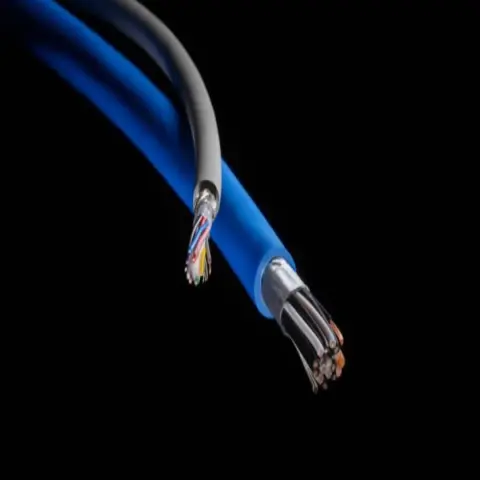
2. Data cables, computers, instruments
Data cables are primarily used to transmit data and information accurately and reliably from the sending point to the receiving point. The cables are designed to be robust with a special construction for data transmission and are used in network systems...
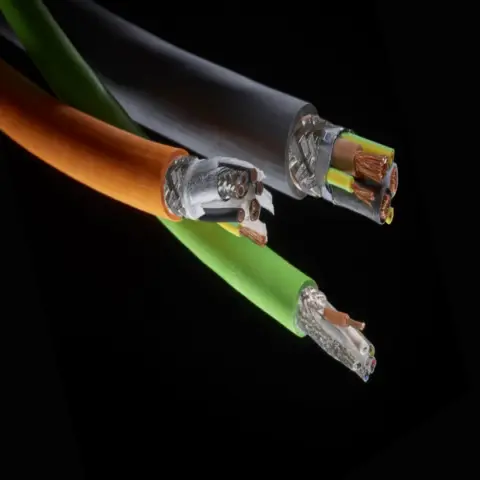
3. Servo cable, motor, feedback
Motor cables, servo cables, and signal cables are indispensable components. These products play a vital role in signal transmission, ensuring seamless connectivity between each part of the assembly line and enabling machinery to operate stably and continuously.
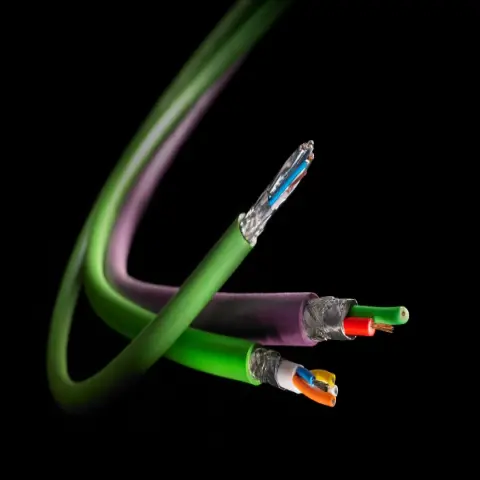
4. Ethernet cable, LAN cable, bus cable
Data cables in general, and Ethernet cables in particular, are the leading type of cable used in Bus technology to connect devices and ensure data transmission. Ethernet cables are commonly used to connect computer devices, routers, or switches.
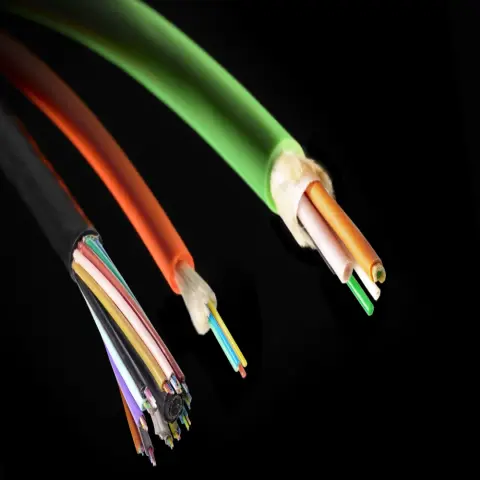
5. HELUCOM® Fiber Optic Cable
Fiber optic cable is a type of telecommunications cable that uses light to transmit signals and networks. Fiber optic cable helps signals travel farther at high transmission speeds, and is widely used in Internet transmission systems.
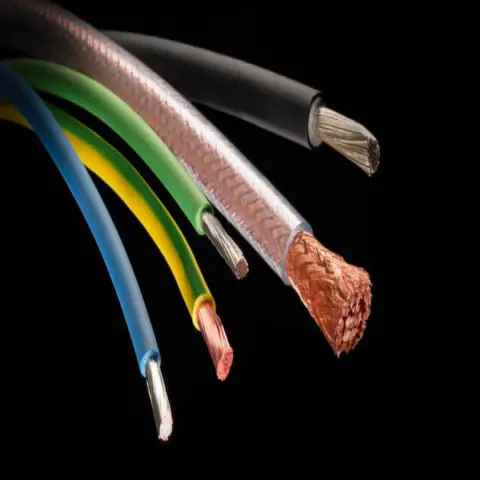
6. Single-core cables
Multi-core cables with multiple copper conductors are popular not only for their electrical conductivity but also for their other outstanding advantages. For example, multi-core cables make it easier to connect wires, especially in office or building spaces.
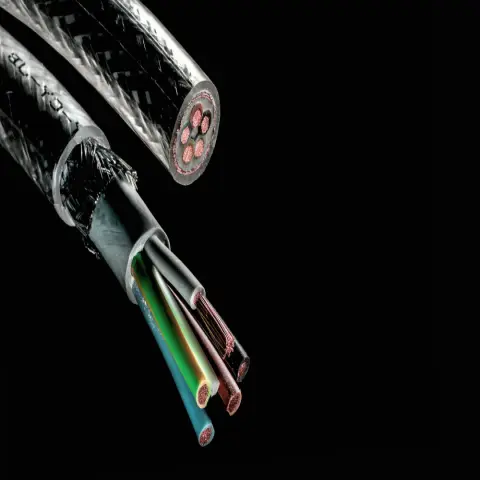
7. Anti-interference cables
Anti-interference cables play a crucial role in signal transmission within a circuit and in establishing control systems in the industrial sector. They ensure signal transmission from the center to remote devices without relying on electromagnetic waves.
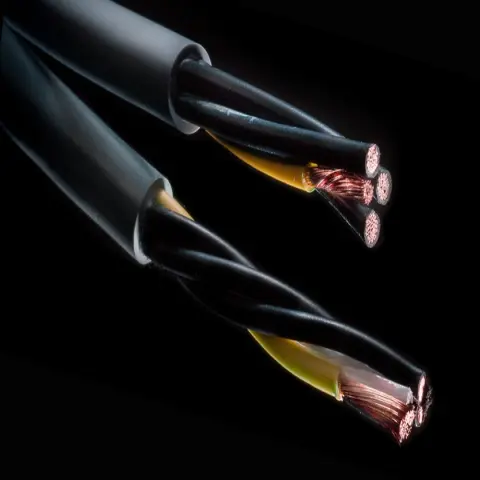
8. Rubber cables
Rubber cables are cables with a sheath made from natural rubber and a conductor core made from pure copper. These electrical cables not only have excellent electrical conductivity but are also moisture resistant. Therefore, rubber cables are widely used in both domestic and industrial electrical applications.
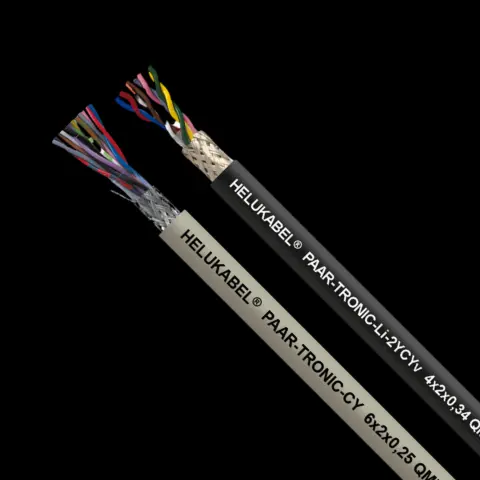
9. RS485 cables
RS485 cable is essentially a signal cable with a twisted pair core structure, additionally shielded with two layers of noise protection for use in industrial communications. RS485 cables not only vary in core structure but also differ in the number of twisted pairs.
Cables for infrastructure and energy
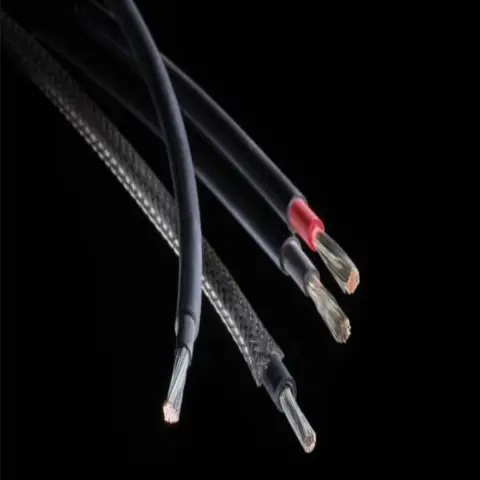
1. DC cables
DC cables for solar systems with various version: standard, rodent protection, UL-comoliant version, DC cable for floating PV
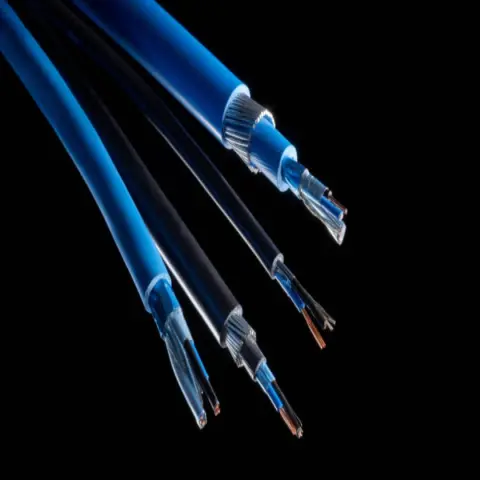
2. Fire-resistant cables
Fire-resistant cables are widely used in projects that require strict safety standards. Today's fire-resistant cables are designed with protective sheaths made from materials that produce minimal smoke when burned, are halogen-free, and do not generate toxic gases that affect health.
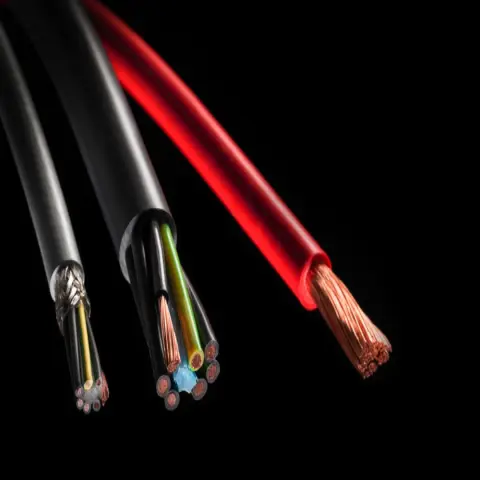
3. Flame-retardant cables
Flame-retardant cable is a type of cable that can prevent the spread of flames in the event of a fire. Therefore, in the event of a fire, the cable will be able to maintain operation for a certain period of time without affecting signal transmission quality.
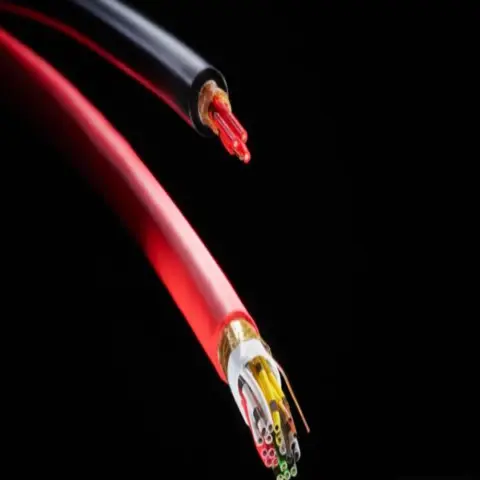
4. Fire alarm cables, installation cables, telecommunication cables
Fire alarm system cables are control cables that transmit signals from the central system to fire alarm components: alarm lights, alarm horns, fire sprinkler systems, exit lights, automatic telephone dialing systems, etc. Even in the event of a fire, the cables can still transmit signals for a certain period of time.
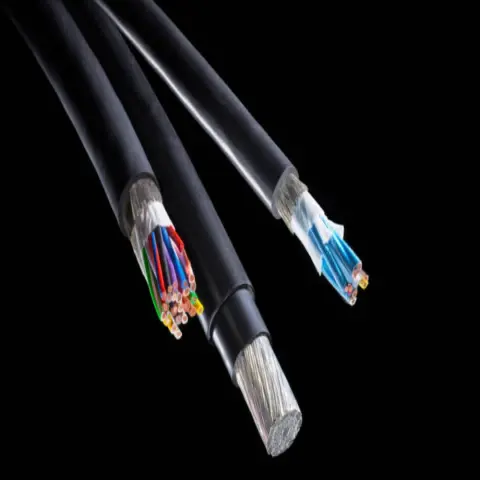
5. Power cables
Power cables for industrial applications are a flagship product line researched, developed, and manufactured directly by HELUKABEL. This cable line provides stable, precise power supply for a wide range of applications and can be customized with various technical specifications.
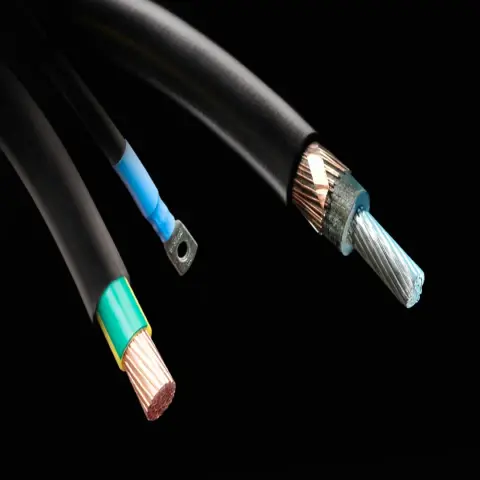
6. Low-voltage power cables
Low-voltage cables are widely used in everything from civil engineering projects to various industrial fields. Low-voltage cables manufactured by HELUKABEL meet technical standards and ensure safety and stability during use.
Cables for Continuous Motion Applications
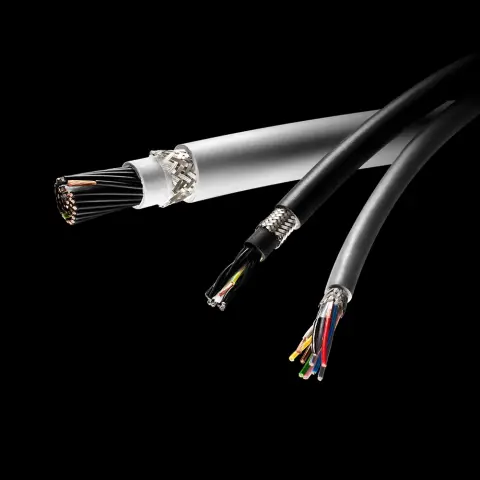
1. Drag chain cables
Product catalog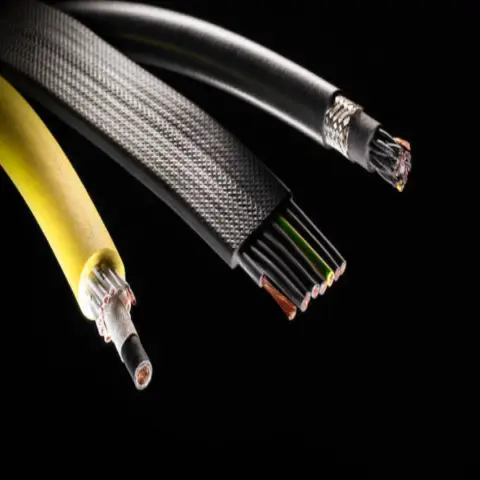
2. Flat cables
Product catalog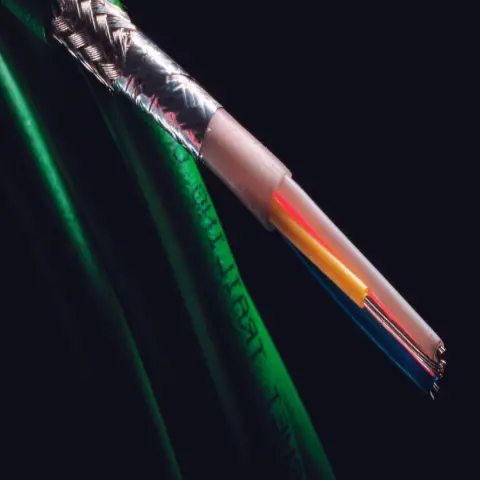
3. Reeling cables
Product catalog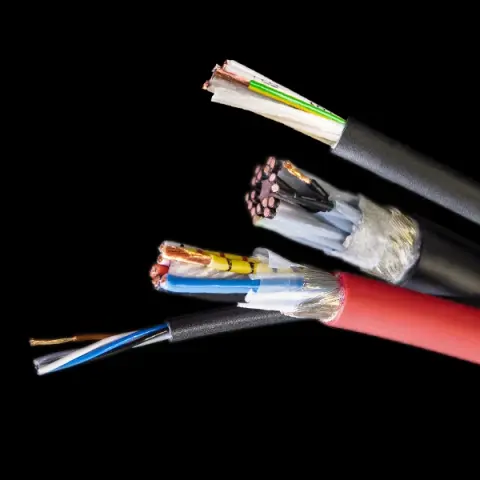
4. Robot cables
Product catalog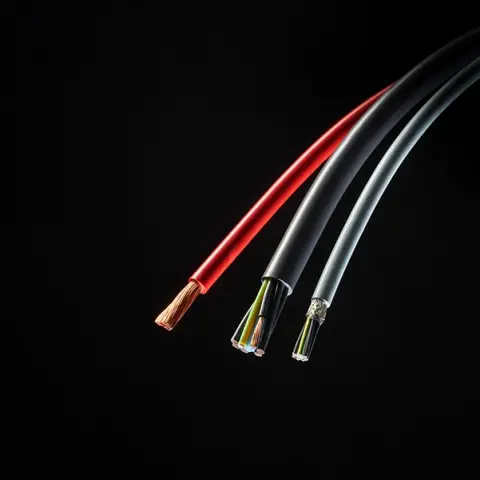
5. UL/CSA cables
Other electrical cable products
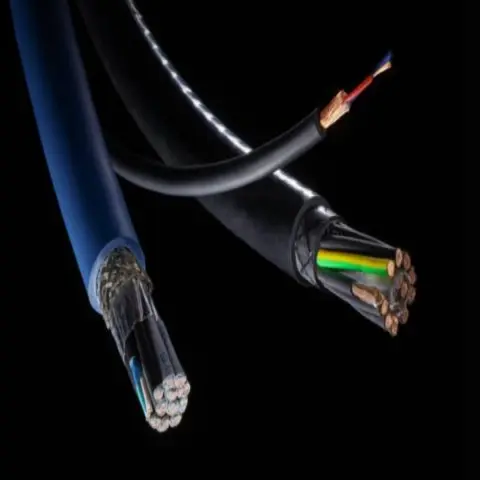
1. Audio cables
Product catalog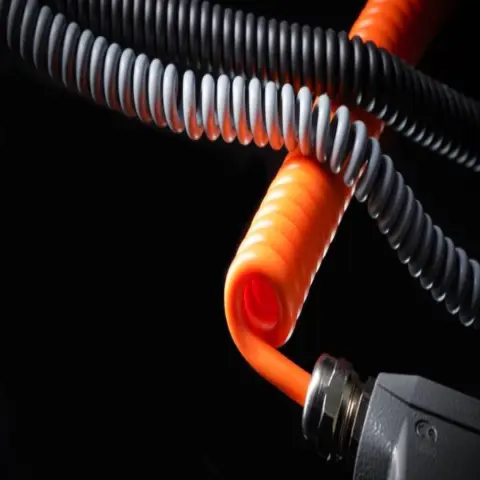
2. Spiral cables
Spiral cable is a type of cable that can be extended to any length depending on usage needs and easily retracted back to its original position. The advantage of spiral cable lies in its flexibility in length without damaging the internal wires.
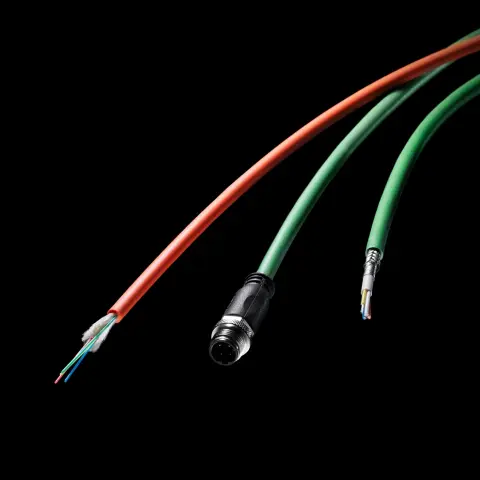
3. Cable harnessing
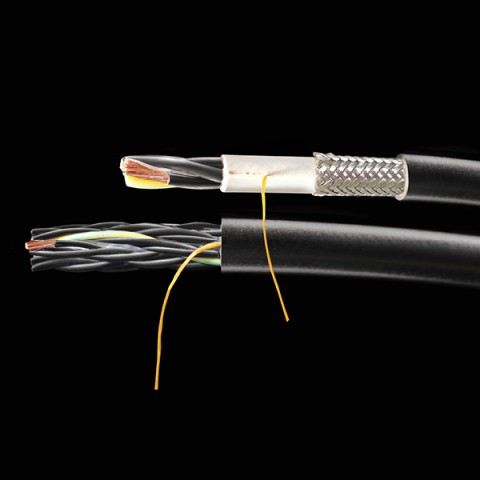
4. Custom cables
Discover our products
5. AWG cable
Product catalog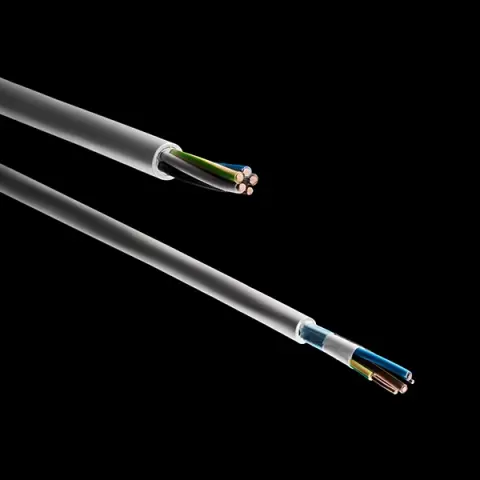
6. CVV cables, CXV cables
CVV cables and CXV cables are widely used in residential electrical networks. The characteristic of CVV cables is their ability to transmit stable voltage to low-voltage power lines.
Order Now on HELUKABEL E-Store – Fast & Easy!
Frequently asked questions about electrical cables
What standards are there for electrical cables?
Standards and regulations for electrical cables may vary by country and region. Some popular standards include: IEC standard (International Electrotechnical Commission), NEC standard (National Electrical Code) in the United States, BS standard (British Standard) in the United Kingdom, and TCVN standard (Vietnamese standard). Male).
How many cores does an electrical cable have?
Electrical cables can have from 1 to many cores, depending on the intended use. The cores are usually made of copper or aluminum.
How should electrical cables be maintained?
To ensure the safety and performance of the electrical system, electrical cables need to be serviced periodically. Maintenance includes inspecting and replacing damaged cables, checking insulation, and keeping electrical cables clean.

